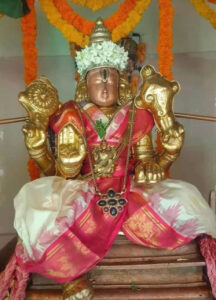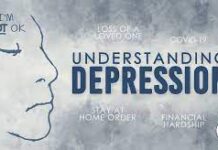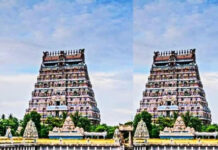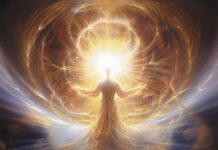
Until the age of thirty-six, I was a staunch atheist, speaking atheism vehemently. After that, my mind gradually changed. Today, I have faith in God and I visit temples. However, I still present myself as an atheist in my circle. I only visit temples in Kerala.
If I say that I have left atheism today, my old friends and relatives would ridicule me. Maintaining these double standards tires me. I notice that many undergo similar changes as mine in their lives.
A public speaker once said, “When one thinks, he/she is an atheist. Once thinking is stopped, he/she become a theist.”
Is that true?
M
Dear M
In youth, we develop a certain disdain for wealth and power. We consider ourselves as rebels or as idealists who are against wealth and power. We believe our rebellious or oppositional attitude is our permanent nature. But over time, we realize it is not so.
In youth, lust is more important than both wealth and power. Even more important than any of these is fame. Daydreams of lust and dreams of achieving fame drive us. At the core of these two dreams lies our self-centeredness or ego.
Through experiences, ego begins to wane. We start to understand our limitations. At a certain stage of youth, as soon as one realizes the difference between their dreams of achievements and reality, they begin to change. One can often hear people say, “In life, I had many experiences and many setbacks, and then I realized the truth, sir.”
In this second stage, the excessive self-confidence or ego-driven daydreams of the first stage gradually fade away. We come to understand that this universe, this earth, this life is immensely vast. We realize that our life, which is just a tiny speck in it, cannot be completely controlled or decided by us. We come to understand that countless factors, which we cannot know or control in any way, determine our life, every day, every moment.
Upon reaching this realization, many develop a mindset of surrender. It is like letting themselves go with the current after their hands have grown tired from swimming. Many give up their dreams completely and lose their self-confidence entirely. They become filled with self-pity and weariness. In that state, people need something to hold on to. They need to believe in something. That’s when they turn towards faith in God. Some of them even turn to astrology.
Belief in God provides comfort to people. It eliminates the stresses of life, making daily routines normal. Intense faith in God alleviates various kinds of mental exhaustion. It is in places without belief in God that loneliness and severe mental exhaustion increase.
Is belief in God absolutely necessary? Not at all. One can live a fulfilled life without belief in God. However, they must have a rational and comprehensive worldview. They should be able to explain the course of their life with that worldview. There are such philosophical frameworks, and one must study and understand them properly.
Is belief in God alone sufficient? No. Belief in God alleviates the stress of uncertainty and serves as a support. However, if one relies solely on faith and neglects their duties and goals, they will lose out in this world. One needs clarity about what brings success and happiness in their life. There must be a continuous effort throughout their life to achieve these. They can leave the outcomes to God, but if they neglect their duties, they are misusing their faith. Belief in God cannot be an excuse for a defeatist attitude, laziness, or irresponsibility.
Therefore, in youth, it is not wrong to have ‘self-confidence’ without belief in God. That is the mindset of youth. As maturity comes, it is natural to move towards one of the two ways mentioned above: belief in God or philosophical clarity. Both are equally valid paths.
Jeyamohan
Translated By Geethaa Senthilkumar












